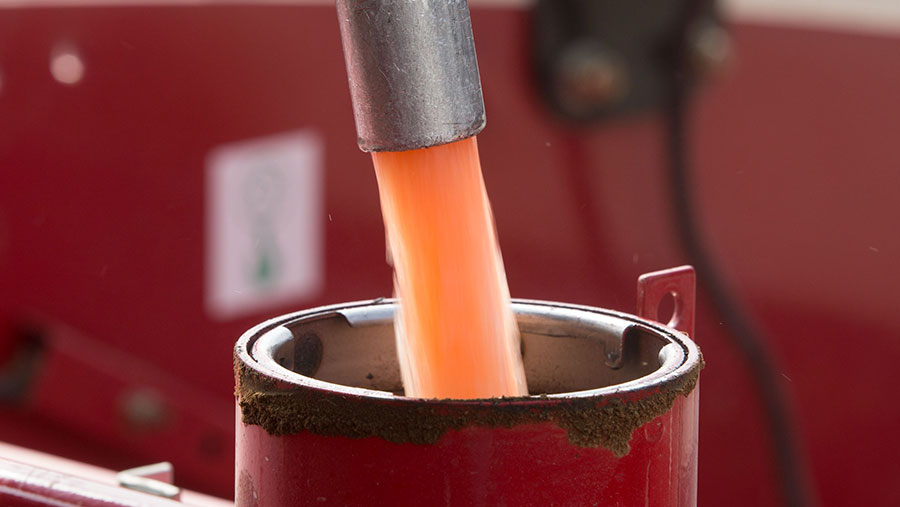Number of UK farmer co-ops falls for fifth year
 © Tim Scrivener
© Tim Scrivener Both the number of agricultural co-operatives and their memberships fell for the fifth consecutive year in 2018, according to an industry report.
The UK has lost farming 25 co-ops since 2014, leaving the total at 420, accounting for a total domestic agriculture market share of just 6%, according to the 2018 UK Co-operative Economy report, launched today (26 June).
This figure pales in comparison to the UK’s European neighbours, with co-ops in Spain, France and the Netherlands holding a 45%, 55% and 68% slice of total market share in their respective countries.
Across the same five-year period (2014-2018), the number of farmer-owners has also dropped by 2.6% to 142,999 in 2018, accounting for 61% of all co-op members in the UK.
See also: Dairy producer organisations – the principles explained
Despite the injection of £10m by Defra at the start of this year, the report stated that more support was needed to address the trend of declining co-op and member numbers.
“Defra has recognised that the UK is significantly out of step with its international competitors in the use of the co-operative business model to support producers and have indicated its support for more collaboration in the sector,” said agricultural manager of Co-operatives UK, Richard Self.
He added: “They also need to make sure the funds they announce can be accessed easily and support the right initiatives, to help change perceptions and encourage co-operation.”
Co-op turnovers have seen a resurgence this year, increasing 5% to £7.7bn, but remained 4% behind the highs of 2015.
Agriculture, which accounts for more than 20% of total UK co-op turnover, exceeded national co-op revenue growth, which increased by 2.3% to £36.1bn.
Brexit issues
The report highlighted the uncertain operating environment that was being overshadowed by the UK’s withdrawal from the EU, according to Omsco managing director Richard Hampton.
“The figures from this year’s economy report are reflective of the current market conditions and the challenges that lie ahead,” he said.
“Collaboration within the agricultural supply chain and across co-operative memberships will be key in ensuring sector success post Brexit.”
For the financial year ending March 2017, exports accounted for 21% of Omsco’s turnover.
Mr Hampton explained that there were hurdles to overcome as Brexit draws closer, bringing with it potential barriers to trade.
“Although Omsco’s core business is in the UK, added-value initiatives not only help us to balance fluctuations in UK organic milk supply and demand, but also to build resilience as a business,” added Mr Hampton.
